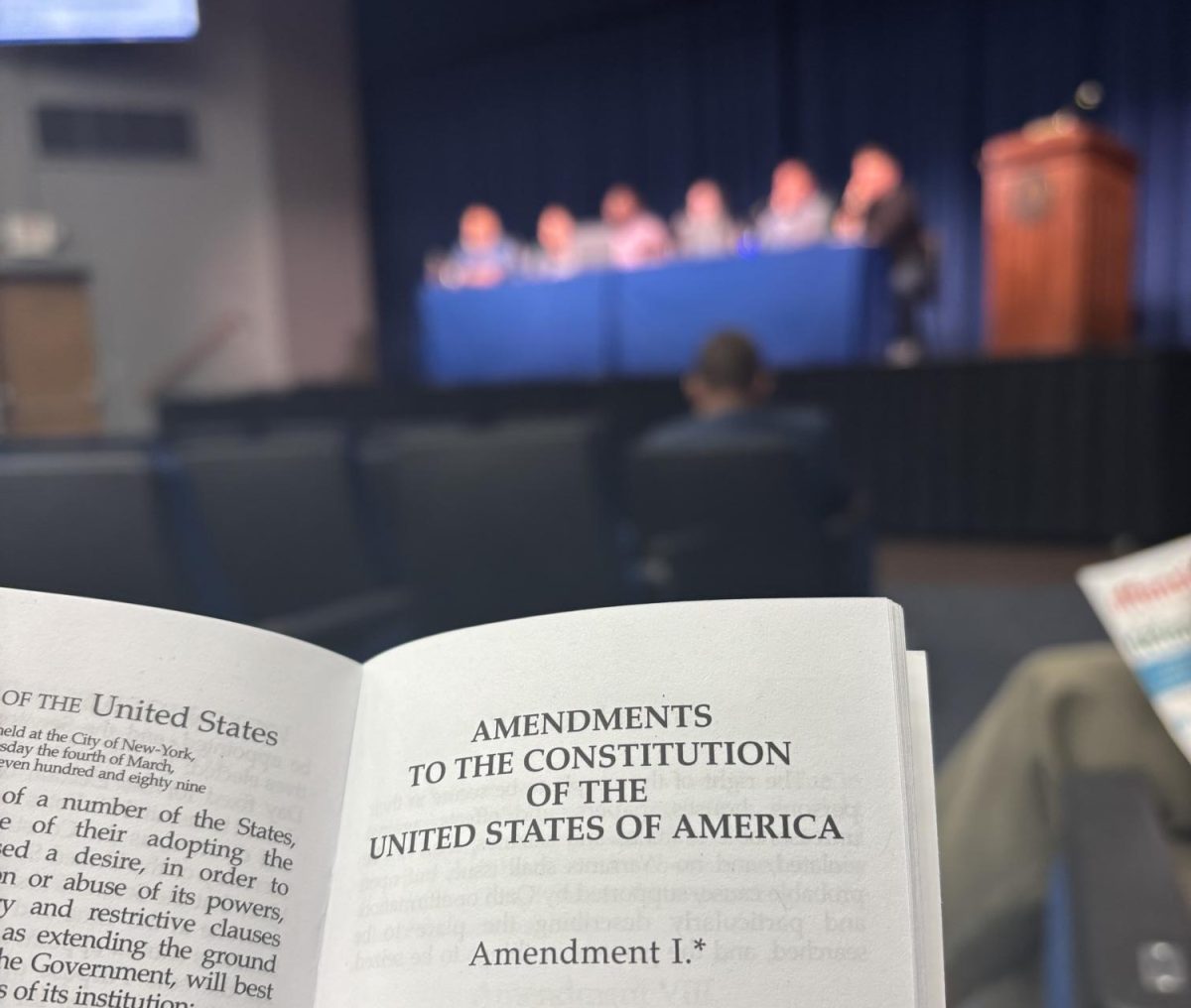The University of North Georgia and the broader University System of Georgia face growing scrutiny over financial ties to BlackRock, the world’s largest asset manager.
BlackRock manages funds within Georgia’s state pension and retirement systems, including a money market fund offered to employees through the Employees’ Retirement System of Georgia. Consequently, a portion of public employees’ retirement savings, including those at USG institutions, is under BlackRock’s management.
Since opening an Innovation Hub in Atlanta in 2019, BlackRock has developed partnerships with several Georgia universities, providing scholarships and recruitment opportunities. Notably, the company established the Georgia Commitment Scholarship at the University of Georgia and supports business immersion programs at Georgia State University. BlackRock also provides student investment groups across USG campuses access to its Aladdin investment management platform.
However, these ties have stirred controversy due to debates over environmental, social and governance (ESG) investing. In 2024, Georgia lawmakers enacted House Bill 481 prohibiting public retirement systems from considering non-financial factors, such as ESG goals, in response to criticism from state officials accusing BlackRock of prioritizing political agendas over financial returns.
Attorney General Chris Carr previously joined other Republican state attorneys general in criticizing BlackRock’s ESG investment approach, claiming it could harm pension fund returns. BlackRock has consistently refuted such allegations, arguing that evaluating long-term risks, including climate change, is essential to maximizing investment returns.
Campus debates reflect a broader call for transparency and accountability. At UNG, students have raised concerns about the opacity of investment decisions.
“We have a right to know where our university is investing our money. Is our tuition or the endowment funding things we’d be proud of, or is it tied up with Wall Street firms like BlackRock without us even knowing?” – James Nygren, UNG Senior Finance Major
Similar sentiments echo across other USG campuses. At Georgia Tech, student groups have urged divestment from fossil fuel industries, implicitly criticizing involvement with major asset managers like BlackRock. Likewise, UGA students have protested their institution’s continued investments in energy sectors.
Nationally, BlackRock faces criticism from multiple fronts: accused by conservatives of excessive ESG activism, while progressives criticize its continued investments in fossil fuels and private prisons. In 2020, students at Pitzer College in California demanded divestment from BlackRock, alleging complicity in environmental and social injustices.
In Georgia, HB 481 underscores the state’s determination to keep investment decisions purely financial. Public universities must balance fiduciary responsibilities with mounting calls from students and faculty for ethical and transparent investing practices.

Despite 27 repeated inquiries, no UNG officials or faculty have commented on specific BlackRock investments. Georgia’s university system now faces the challenging task of balancing financial responsibilities with growing ethical scrutiny from campus communities.























